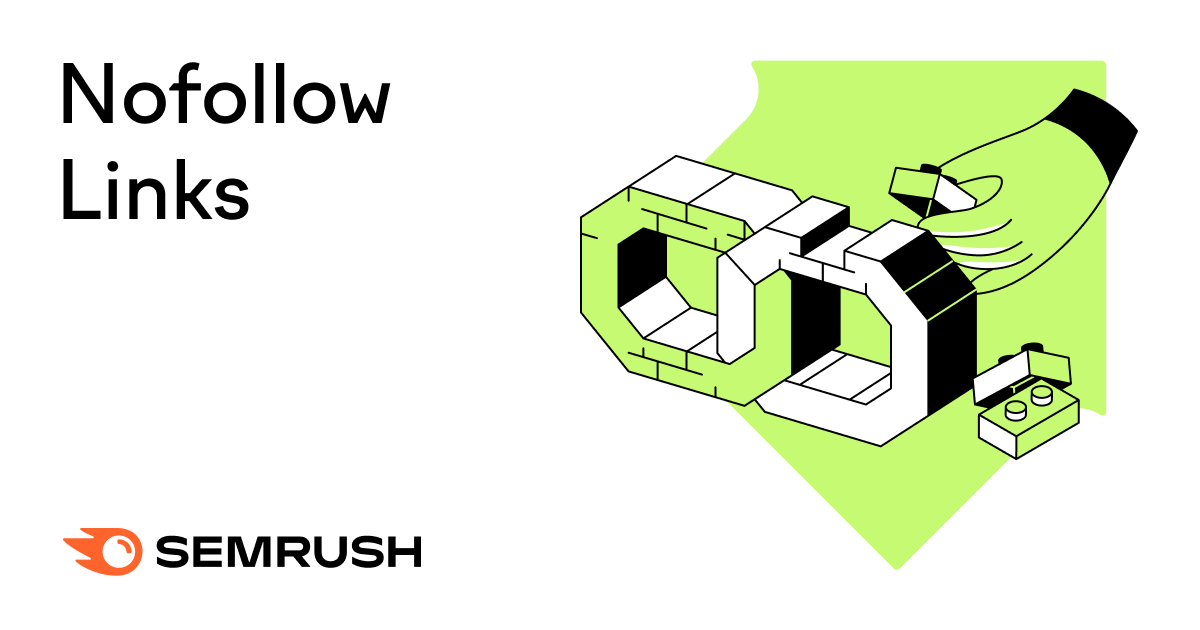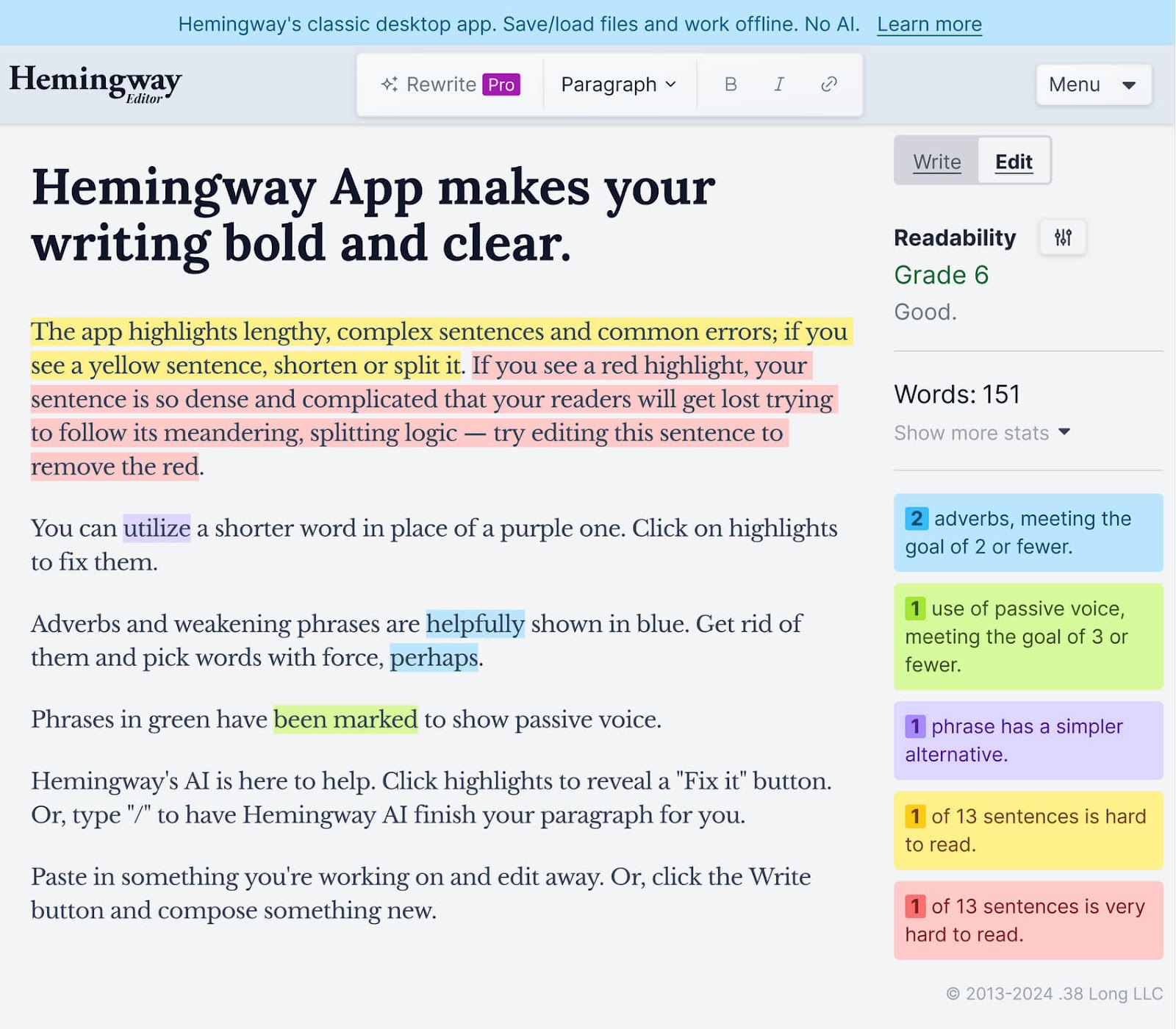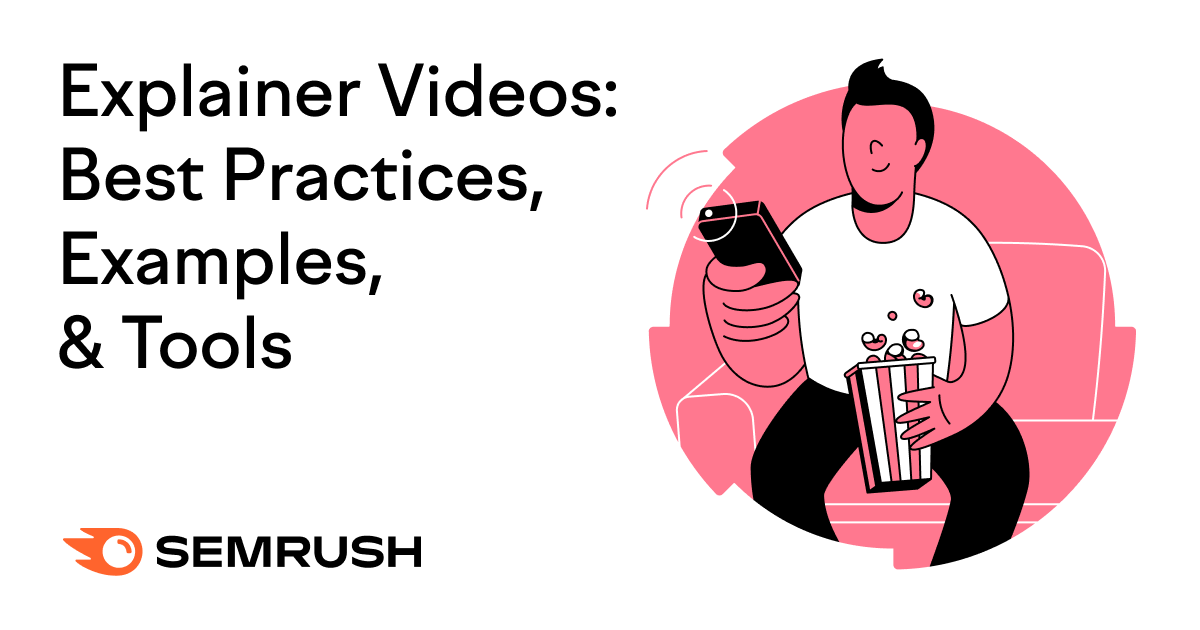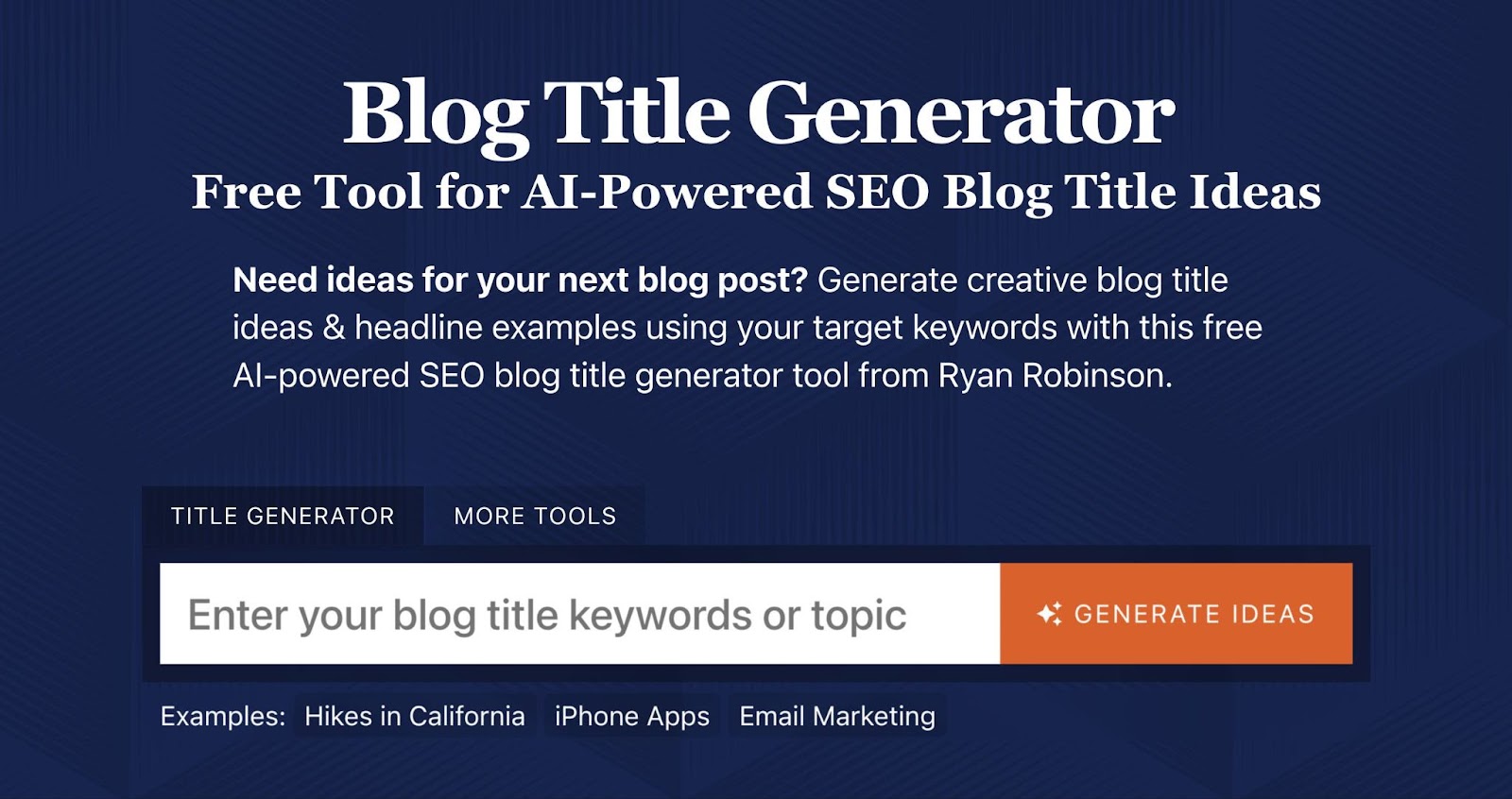In this article, we’ll explain why SEO is important for almost every business.
But first, let’s start with the basics.
What Is SEO?
Search engine optimization (SEO) is the process of optimizing a business’s website content, structure, and overall online presence. To improve its organic (unpaid) visibility in search engine results pages.
In other words, SEO can help you earn Google rankings like this one:
(Most marketers focus on Google because it’s the most popular search engine.)
SEO is one of the two main pillars in search engine marketing.
The other is pay-per-click marketing (PPC). This is when you pay to appear as a sponsored search result.

How Does SEO Work?
SEO aligns your website and content with the Google algorithm. Or, in other words, what Google looks for in good search results.
Basically, Google wants to rank webpages that:
- Satisfy search intent (what the searcher is looking to achieve)
- Demonstrate experience, expertise, authoritativeness, and trustworthiness (E-E-A-T)
- Load quickly and perform well
- Are easily navigable by users and search engines
So, SEO is about making sure your pages tick these boxes.
Some of the most common SEO tactics include:
- Keyword research: Identifying and analyzing the search terms target audiences use
- Content creation: Creating quality content that meets your target audiences’ needs
- Link building: Getting other websites to link to your site so that it appears more trustworthy
- Technical SEO: Improving the technical performance of your site for users and search engines
Why Is SEO Important?
SEO is important because it can improve your organic visibility in search engine results pages. Which can translate to more brand awareness and website traffic. Which ultimately leads to more sales.
As our success stories prove, businesses of all shapes and sizes have used SEO to their advantage.
Here are 10 reasons why SEO matters:
1. Search Engines Generate Lots of Traffic
Ranking high in search engine results pages (SERPs) can get you lots of clicks. Which means lots of traffic to your website.
People use search engines to perform billions of searches every day.
And on average, over 43% of searchers click an organic result.
If you don’t capture the clicks available in your niche, your competitors will.
SEO is the tried-and-tested way to rank on more search results pages. And rank in higher positions.
This is important because prominent results tend to get more views and clicks:

Want an idea of how much organic search traffic you could get?
Analyze your competitors’ organic traffic with Semrush’s Organic Research tool.
After creating your free account, enter a rival domain.
Then, choose your target country and click “Search.”

The “Traffic” section estimates how much organic traffic your competitor will get in the next month.
In the graph underneath, you can see how their organic traffic has changed over time.

Next, go to the “Competitors” tab.
The graph shows which sites compete with your rival the most in search results. And how much organic traffic they get per month.

This can give you a better understanding of the traffic available in your niche.
Scroll down to find more results in the “Organic Competitors” table.

2. SEO Can Be Highly Cost Effective
One of the main benefits of SEO is that it’s usually cost-effective.
Why?
First, there are no advertising costs.
You don’t pay to appear on the results page. Or incur costs when people view or click your result.
Second, SEO can deliver long-term results.
Once you’ve achieved high rankings, it’s possible to maintain them with relatively little effort (compared to channels like digital PR and social media). And relatively low costs (compared to paid traffic channels).
Building a strong foundation also makes it easier to gain or improve other rankings in the future.
In other words, SEO is highly scalable.
Just look at Morningside Acupuncture’s success story. Over three years, the company used SEO to grow their traffic by 2,900%.
As this Organic Research graph shows:

3. Search Visibility Drives Brand Awareness and Authority
Frequently and prominently appearing in search results is an effective way to build brand awareness. And that’s one of the main reasons why SEO is important for business.
For example, searchers learning Spanish are likely to discover Duolingo quickly. Because the site ranks highly for thousands of topical keywords.
As Semrush’s Organic Research tool shows:

Even if they don’t click Duolingo’s results, many searchers will develop an awareness of the brand. And after repeated exposure, they may perceive the brand as authoritative and trustworthy.
Both factors increase the chance that they engage with Duolingo in the future.
To get an idea of your potential reach through search, use Semrush’s Keyword Magic Tool.
Enter a simple term related to your business.
Then type your domain, choose your target country, and click “Search.”

The tool will find “Broad match” keywords that contain your starting term or a close variation.
The “Volume” column shows the average number of monthly searches for each keyword. So, it gives you an idea of the top results’ potential reach.

The personal difficulty score (PKD%) helps you understand your potential to rank highly. It measures how hard it’ll be for your domain to rank on Google’s first page of results, on a scale of 100.

If you rank beyond Google’s top 10 results, few searchers will see your link.
4. Your Competitors Are (Probably) Doing It
Lots of businesses use SEO as part of their marketing strategy.
If your competitors are using SEO, they’re probably outperforming you in search results. And getting exposure and traffic that could be yours.
If your competitors aren’t optimizing for search, you have a great opportunity to dominate the search results in your niche. And capitalize on all the SEO benefits available.
You can compare your rankings against competitors’ with Semrush’s Keyword Gap tool.
Enter your domain and the domains of up to four competitors. Making sure “Root domain” and “Organic keywords” are selected alongside each.
Then, choose your target country and click “Compare.”

Scroll down to the table and select “All” to see all search terms these sites rank for organically.
Then, use the corresponding columns to compare your domain’s rankings against competitors’.

5. SEO Success Supports Other Marketing Efforts
SEO success can improve the results of your other marketing efforts. Because many people refer to search engines after discovering a marketing campaign elsewhere.
Let’s say someone sees your billboard. And they go to Google to learn more about it.
If you don’t rank prominently when the user searches, you may lose your opportunity to keep them engaged.
It can be particularly beneficial to use SEO alongside PPC.
Here’s why:
PPC ads usually appear at the top of the SERP, meaning they get more exposure.
But, the top 10 organic results are more likely to get clicks.
So if you have both kinds of results, you get the best of both worlds.
Here’s an example of a brand with a sponsored result and an organic result on the same SERP:

6. You Can Reach Prospects Throughout the Buying Journey
It’s common for people to use search engines throughout their buying journey.
Which means you can use SEO to reach and engage prospects at every stage.

This is helpful because it allows you to get prospects into your marketing funnel earlier. And build trust with them over time.
For example, mattress brand Casper has a blog post about melatonin. And it gets 2.7K organic visits per month, according to the Organic Research tool:

People visiting this page aren’t actively shopping for a mattress. But they may be in the market for one later.
Generally, people use different types of keywords at each stage of the buying journey:
- Informational keywords are used to find information. So, they’re commonly used in the earliest stages of the buying journey.
- Commercial keywords are used to research products or services. So, they’re typically used in the consideration stage of the buying journey.
- Navigational keywords are used to find specific pages. So, they’re commonly used in the decision stage of the buying journey.
- Transactional keywords are used to complete specific actions (e.g., purchases). So, they’re typically used in the decision stage of the buying journey.
When you do keyword research in Semrush, you can find the keyword’s category in the “Intent” column.
For example, here are some results from the Keyword Magic Tool:

7. Optimization Efforts Can Improve the User Experience
Many important SEO tactics are good for your website’s user experience (UX). And that can help your conversion rate—i.e., make users more likely to do what you want.
Essentially, Google wants to rank pages that leave its users happy. So you must create user-friendly content in order to succeed.
For example, these Core Web Vitals affect your performance in Google:
- Largest Contentful Paint (LCP): How long it takes for the largest content element on the page to load
- Cumulative Layout Shift (CLS): Measures how much the page layout moves around unexpectedly as it loads
- Interaction to Next Paint (INP): The longest time it takes for the page to display visual confirmation of a successful interaction (e.g., for a menu to open)
Optimizing these metrics can help you rank higher. And improve the experience for users on your website.
So, users are more likely to convert. Whether or not they discovered your site through Google.
8. Keyword Research Makes You Aware of Market Trends
Keyword research for SEO allows you to monitor your target audiences’ search activity.
This means that you can identify trending—or declining—topics in your niche. And use the insights to guide your product strategy, marketing campaigns, and more.
For example, Semrush’s Keyword Overview tool shows that searches for “sol de janeiro 39” have grown over recent months:

So, if you were a beauty retailer, you might decide to start stocking this product. Or create content about the best alternatives.
9. SEO Results Are Quantifiable
SEO results are quantifiable—i.e., you can measure your organic rankings, traffic, and conversions.
This means you can gauge your performance. And determine whether any adjustments are necessary.
It also means you can prove the importance of SEO for your business.
The best way to monitor your Google rankings is with Semrush’s Position Tracking tool.
The “Overview” report has a visibility graph that makes it easy to track your overall performance. You can also add your competitors’ domains to see how they compare.
- A score of 100% means the site has the top organic ranking for all tracked keywords
- A score of 0% means the site ranks outside the top 100 for all tracked keywords

Scroll down to see a full keyword breakdown.
The “Pos.” columns show each domain’s ranking position(s) on the specified dates. If you see an icon, that means the site ranks for a SERP feature (a special element on the search results page).

You can track organic traffic, organic conversions, and many other SEO metrics with a website analytics tool like Google Analytics 4.
10. It Helps You Protect Your Brand
SEO is important when it comes to online reputation management (ORM). Because it helps you control the results that come up when people search for your brand.
Let’s say someone creates a business listing with the incorrect phone number.
Or publishes a negative blog post about your brand.
If you don’t use SEO, it’s more likely that results like these will rank prominently when people search for your brand. And harm your relationships with potential customers.
Start Building Your SEO Strategy
The only way to discover the true importance of SEO is to try it for yourself.
Create your free Semrush account to access insightful SEO tools like:
- Organic Research, which allows you to analyze competitors’ organic performance
- Keyword Magic Tool, which allows you to discover and analyze the search terms prospects use
- Position Tracking, which allows you to monitor your rankings in Google’s search results





